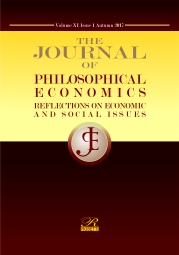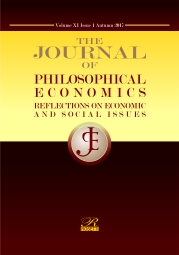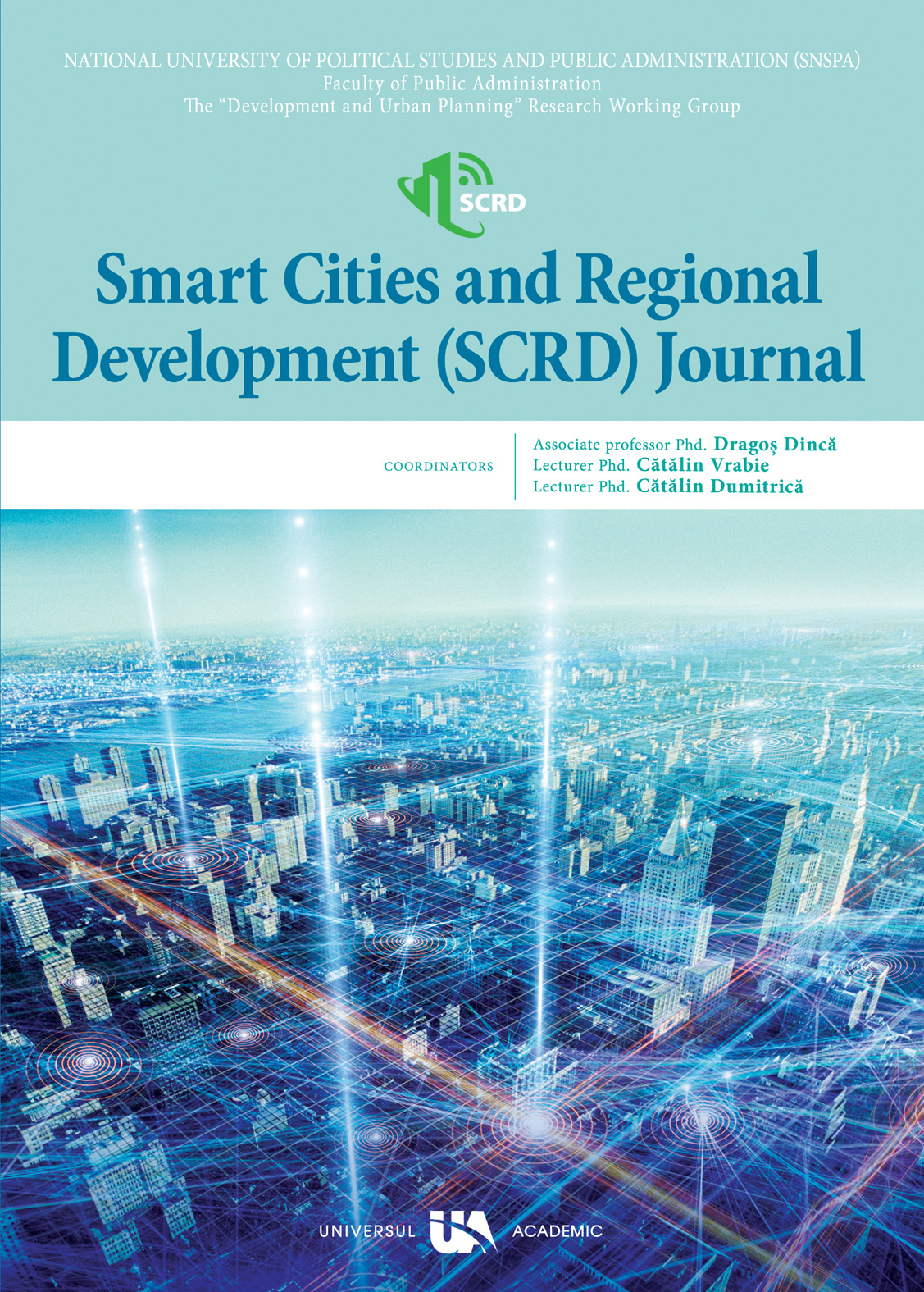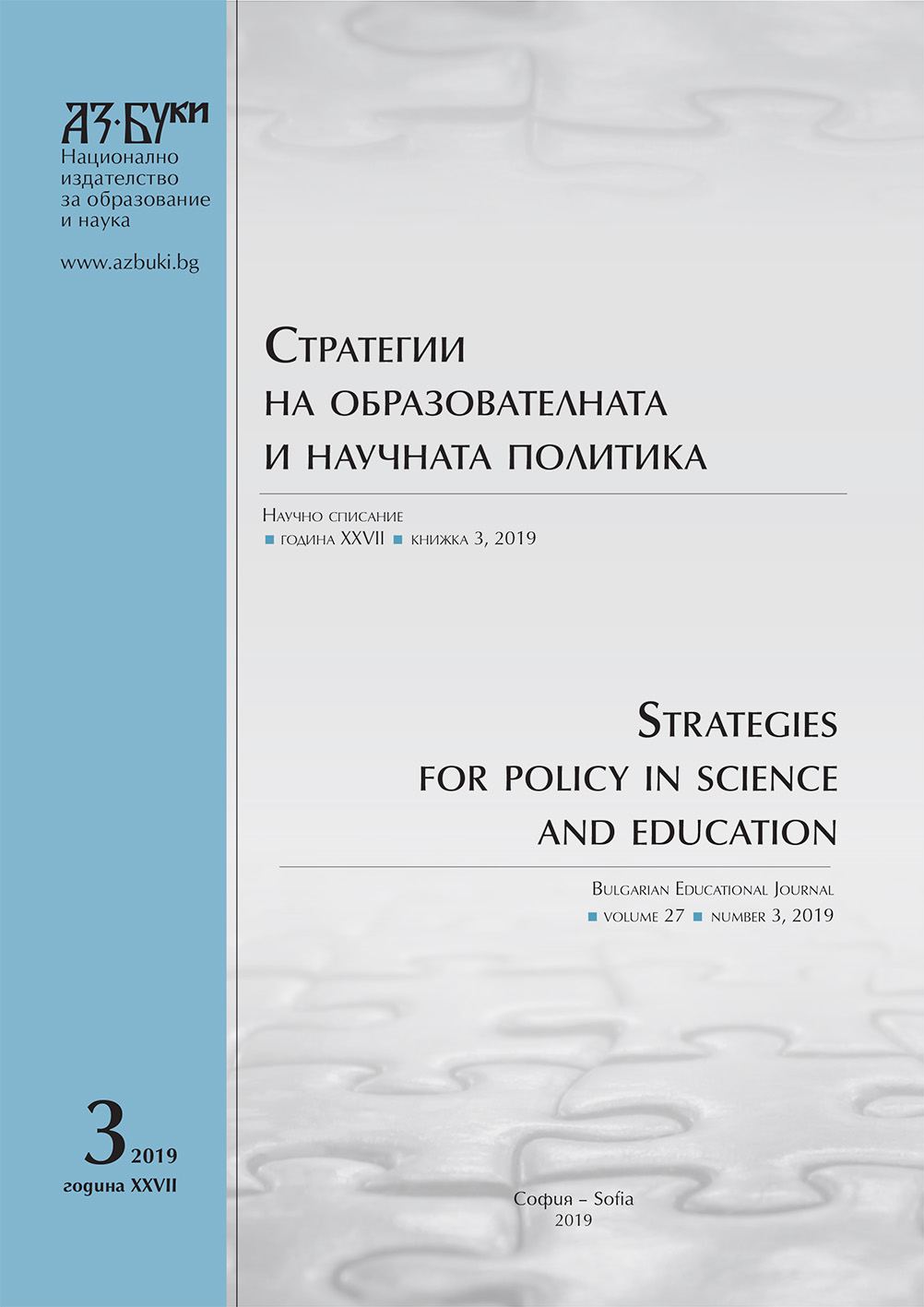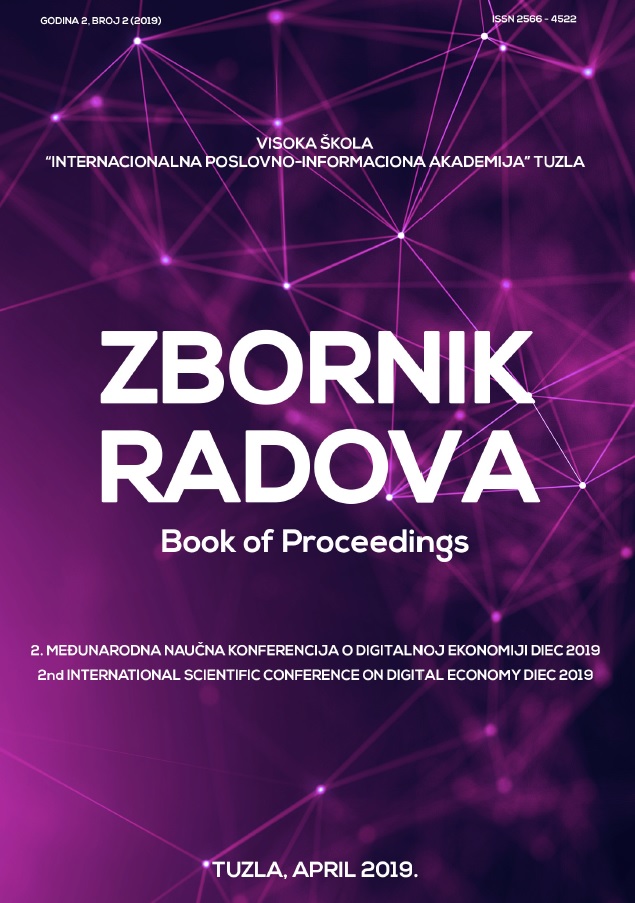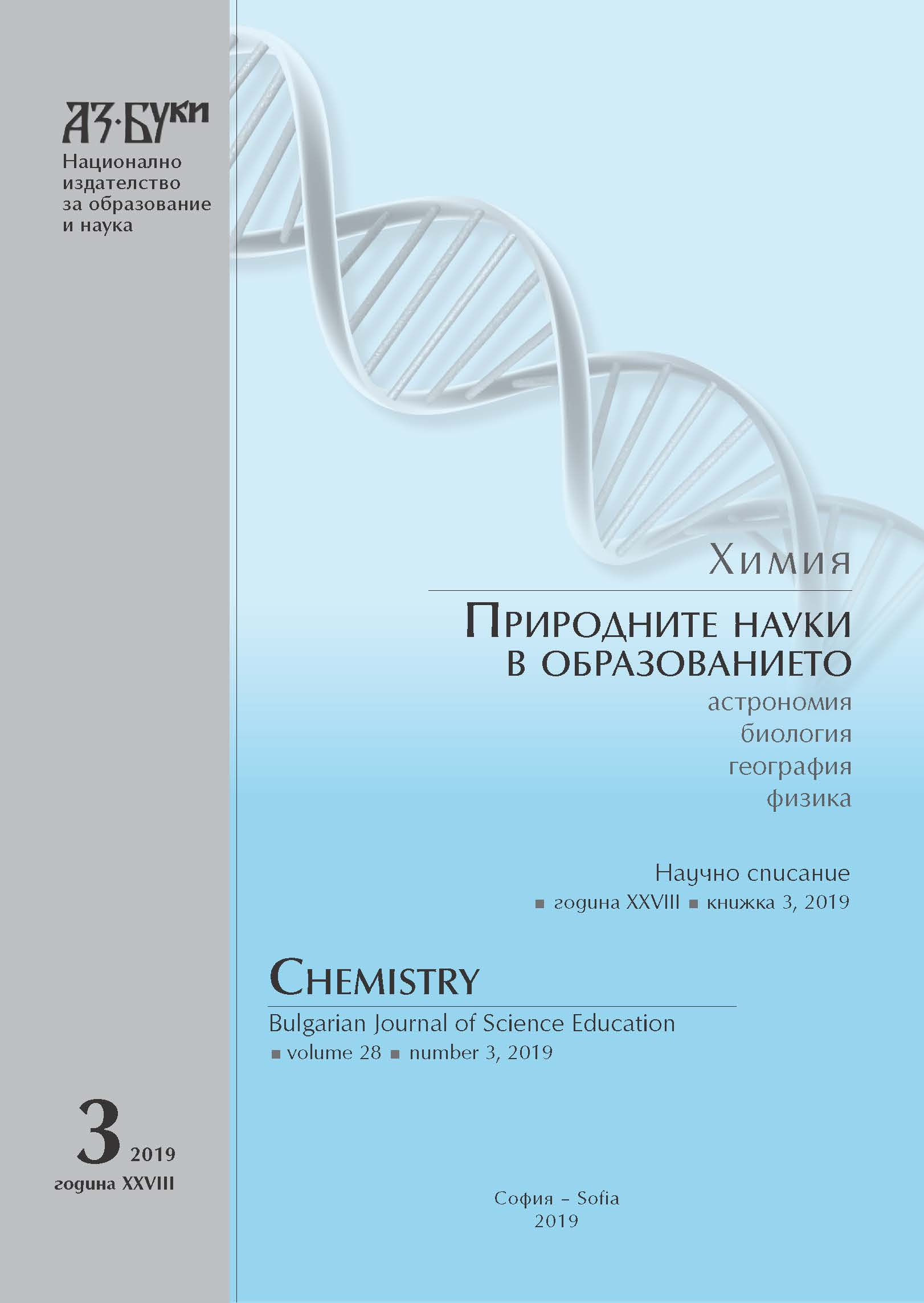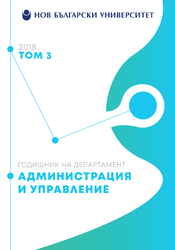Author(s): Jiandong SHI / Language(s): English
Issue: 02/2019
Study on the issue of Sino-U.S trade friction is significant .First of all, Sino-U.S trade friction represents confliction of Vertical Trade between north and south. In second, it is helpful to solve the actual trade disputes. Again, a good solution to Sino-U.S trade friction is of in-depth significance in economy, politics and society.It is known that solar photovoltaic, as a smart economic industry, has been attached importance by main countries in the world in terms of either its manufacturing or its application. Especially for today's China with constant deterioration of smog weather and other environment issues, an extra meaning will be added to the activities to develop and popularize the photovoltaic equipment. China’s photovoltaic industry starts not too late but once was developed at low speed, and then with the advent of 21st century, it has been rapidly developed. China’s photovoltaic industry has gained international competitiveness in manufacturing technology, industrial structure, and new product development and so on and once made up half the world market. However, the Sino-U.S trade friction initiated in October, 2010 stops this prosperous view all of a sudden in terms of photovoltaic equipment. The paper elaborated the photovoltaic dispute between China and the U.S., with an analysis of the impact of the dispute on markets, employments and governments, etc. of the two nations. It starts with the investigation to the whole story of Sino-US dispute on photovoltaic, and then the influence of Sino-US dispute on photovoltaic. By the analysis in this paper investigates the opposite implication in Sino-US dispute on photovoltaic completely in an empirical way of economic research. From the Sino-US Photovoltaic Dispute case, it’s available to find out that the anti-dumping and anti-bribery has brought in much more serious loss to US PV industry than that of China. Actually, though the PV dispute between US and China will guarantee the share of work force in the short term for US, it’ll greatly make an influence on the overall amount of trade between China and US and the good opportunity of obtaining the trade surplus from China. Since the trade amount of PV trade between China and US and the development trend seem to have complementary advantage, it has prodigious growth potential. Therefore, the PV trade between China and US will do more good than harm.
More...
